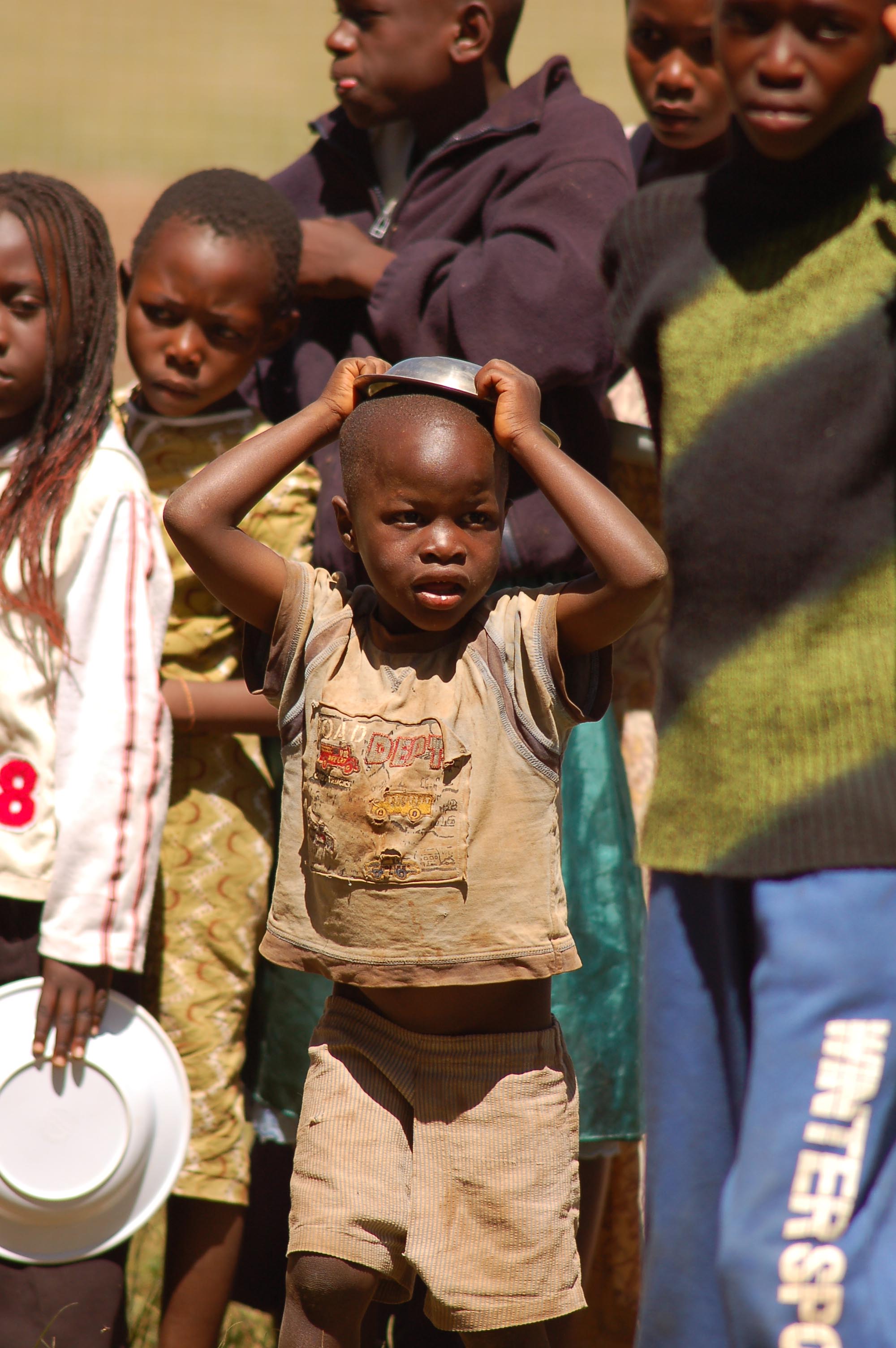Jennifer Atieno was mourning the death of her daughter when the family received threatening leaflets warning members of her ethnic group to leave the town of Thika as the post-election violence and inter-community intimidation spread to central Kenya.
"Well-wishers have just donated money for the coffin. It is still not enough, but I hope we can bury her today," Atieno, one of about 900 internally displaced persons (IDPs) in Thika municipal sports stadium, told IRIN on 4 February, almost a month after her daughter, 22-year-old Alice, died of malaria and typhoid.
"Mortuary fees accumulated to 12,000 shillings [US$170] which we could not raise because my husband and I can no longer work. Today the Red Cross convinced the hospital to waive the charges so that we can bury her," she said. "We will bury her in the cemetery here although we would have liked to lay her to rest in Siaya [western Kenya],” said Atieno, whose household was looted on 28 January. The marauding gangs burnt what they could not carry, she said.
Atieno and her family, members of the Luo ethnic group, have lived in Thika, an area inhabited mainly by Kikuyu, since 1983. Her five surviving children were born in Thika and speak Kikuyu.
The violence that erupted after the declaration on 30 December of the disputed presidential election results was initially confined to the Western, Nyanza and Rift Valley provinces of western Kenya and the capital Nairobi. The victims were mainly members of the Kikuyu community.
Revenge attacks by Kikuyu youths against communities they perceive to be rivals have, however, spread to areas not initially affected by the unrest, such as Thika, where those displaced have sought refuge in the stadium.
 Photo: Allan Gichigi/IRIN  |
| A man taking refuge at Tigoni police station ties his belongings to a bus in preparation for returning home |
"The majority want to leave," said Orawo. "They have been threatened and landlords have been told their properties will be burnt if they continue providing accommodation to people from western Kenya," he added.
Said Lillian Awino: "They [the attackers] gave us four days [to leave], but they came on the third day and looted and burnt everything. They told us to leave as we came - with nothing," she said. "We would like to leave, but how do we get there [Siaya district]. And how do we survive when we get there now that everything has been burnt or stolen?"
Three days after she had a baby by Caesarean section on 10 January, Caroline Akinyi, 30, was sleeping rough with the baby and five of her other children in a tea plantation in the chilly Tigoni area of Kiambu district, where opportunities for work in the tea and flower farms have attracted labour from western Kenya.
"We feared being beaten and robbed because we are Luo. We hid in the plantation for three days and three nights until the farm owner put us in a lorry at night and brought us here," said Akinyi, one of an estimated 6,000 people, mostly labourers from the tea plantations, who have sought refuge in Tigoni police station. She also appealed for transport to go back to Homa Bay, on the shore of Lake Victoria.
Many of the workers fled their homes in the plantations without their wages and are too intimidated to go back to ask for their money, said Kenneth Ambani, 27 and a father of two, who arrived in Tigoni with his parents 20 years ago.
 Photo: Boniface Mwangi/IRIN  |
| President Mwai Kibaki, shakes hands with opposition leader Raila Odinga during peace talks in Nairobi, mediated by Kofi Annan, former UN Secretary-General |
Samuel Munyuhi Mwangi, 97, fled the Timboroa area of Rift Valley Province in early January after raiders attacked his farm, stole his herd of sheep and two cows and threatened to kill him and members of his extended family. He and two daughters and their children have found shelter at the Karura Community Chapel, next to the leafy Runda suburb of Nairobi.
"We bought the farm from white settlers in 1967. I do not know whether we shall be able to return," said Mwangi, a cheerful man who supported his slight stoop with a walking stick. "We shall stay here until the government finds alternative settlement for us. Our fate is now in God's hands."
The two rival parties in Kenya's political conflict have pledged, during talks mediated by former UN Secretary-General Kofi Annan, to "assist and encourage displaced persons to go back to their homes or other areas and to have safe passage and security throughout".
The UN’s top official on the human rights of IDPs, Walter Kälin, told IRIN that the basic principle for any movement of IDPs should be "free choice". However, he pointed out, "You can only freely choose if you have different options available." It is "very common", he added, that IDPs "end up threatened from all sides and become political pawns". As well as efforts from the international community, "[national] authorities have the responsibility to create conditions that allow for such freedom to choose", he said, referring to the rights and responsibilities laid out in the Guiding Principles on Internal Displacement.
jn/mw
This article was produced by IRIN News while it was part of the United Nations Office for the Coordination of Humanitarian Affairs. Please send queries on copyright or liability to the UN. For more information: https://shop.un.org/rights-permissions





